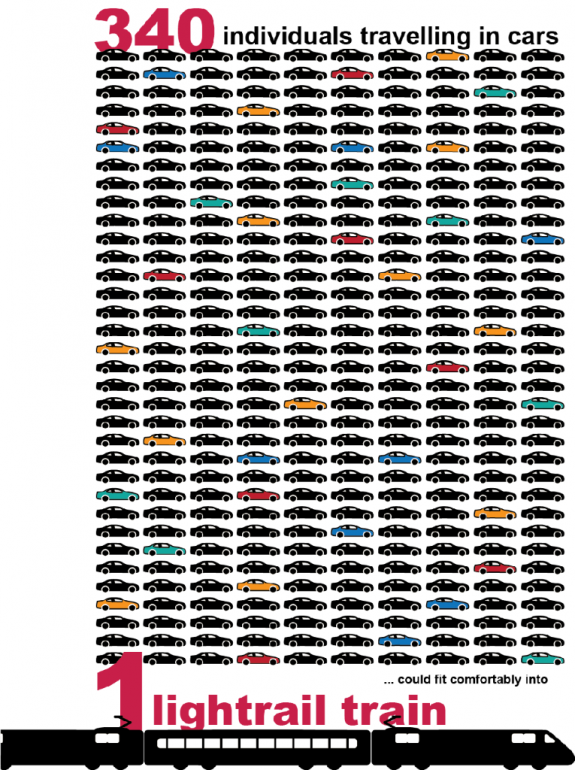Location: Riyadh, Saudi Arabia
Project Completion: 2016
Scope of study: 41.8 km track and connecting 22 metro stations including nine elevated stations, four shallow stations, seven underground, and two iconic stations.
The carbon management study examined the GHG emissions generated by the Riyadh Metro Line 3, from construction through one year of operations, the offset potential of the project and opportunities for participating in carbon trading schemes.
The GHG calculations encompassed the embodied carbon of construction materials and emissions from onsite construction equipment and construction waste transport. Emissions and energy consumption were further evaluated with respect to station and train operations.
The potential to generate revenue through the sale of carbon offsets was examined in the global context of the available mechanisms and market opportunities.
The project utilized the methodology put forth in the UK Highways Agency Carbon Calculation Tool in order to estimate the embodied carbon and carbon equivalents associated with the construction of the ArRiyadh New Mobility (ANM) Line 3/ Orange Line. Our Calculation Tool was designed to enable a large and varied data set to be collected, presented and interpreted at the most appropriate level.

Project Conclusions
The project’s baseline was the construction and maintenance of an eight-lane highway constructed from asphalt concrete, and the traffic from drivers that would otherwise be taking the metro. The immediate difference was the construction emissions: the GHGs associated with the road are 82% lower than those associated with building the metro infrastructure. Emissions from road maintenance remain relatively stable over the 25-year period with a surge every 15 years for a full surface recovering.
Strategies were identified that could lower the carbon footprint of construction (and were implemented during construction), but the real carbon savings came from the operation of the line. The GHGs associated with the highway were 85% lower than those associated with building the metro infrastructure.

Similar carbon trading projects existed as precedent. A metro line to offset GHGs in Delhi, India was approved by the Clean Development Mechanism (CDM) which was servicing one of the largest cities in India. Since 2011 the project has saved 529,043 metric tons CO2 equivalent per year.
At the time, Saudi Arabia had 7 other CDM projects certified. The first project was the Madinah Landfill Gas Capture Project of Environmental Construction. The largest GHGs savings were at the Jeddah Old Landfill (JOLF) and Jeddah New Landfill (JNLF) Landfill Gas Recovery Bundled Project. All these projects suggested that the ArRiyadh New Mobility project would have great potential to become at CDM approved project once construction was completed.
Project Team
Client: ArRiyadh New Mobility
Study Lead: Edge Consultants